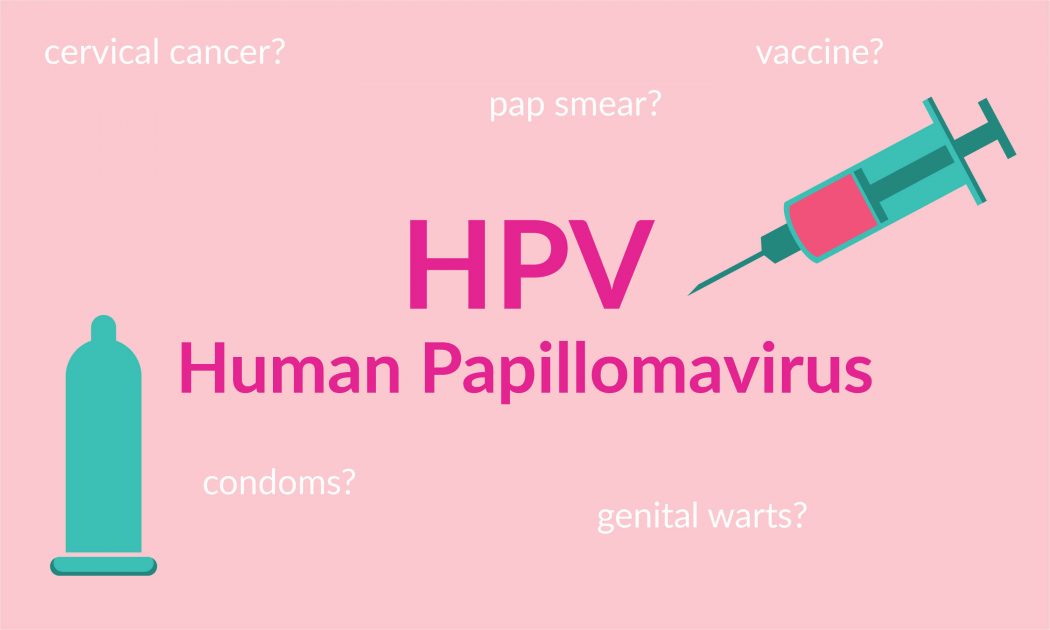 HPV Vaccines are a safe, effective way to prevent HPV-related symptoms and cervical cancer
HPV Vaccines are a safe, effective way to prevent HPV-related symptoms and cervical cancer
By Amanda Bahm, FNP
Have you or your friends or family ever had an abnormal Pap Smear, or cancer of the throat? If so, that was HPV, or Human Papillomavirus, a common family of viruses that most individuals will come into contact within their lifetime.
There are many different types of HPV and each is numbered and categorized as a low- or high-risk strain, depending on whether it causes genital warts or cancers.
Vaccines exist to stop these health problems from happening.
Anyone who has lived through the worry and stress of having to follow up on an abnormal Pap Smear or being diagnosed with cervical cancer will tell you it is not something they would want anyone else to have to go through. Thanks to years of research, we have the ability to prevent HPV infection, abnormal Pap Smears, and cancer. Routine HPV vaccination is recommended by the American Cancer Society, the Center for Disease Control and Prevention, and the American Academy of Pediatrics.
The HPV vaccine is a safe, effective, proven method to prevent HPV; it helps create antibodies to fight the virus and ensure long-term protection, and it’s a safe and effective measure of cancer prevention.
Research has shown the HPV vaccine does not negatively affect fertility or encourage unsafe sexual practices, and it does not contain harmful ingredients. Males should be vaccinated because they have no symptoms of high-risk HPV but can spread the virus. If they are unable to get the virus because they have been vaccinated, they will not be able to spread it to their partners.
Vaccination is appropriate for males and females ages 11-26 and for some individuals ages 27-45. It consists of a series of two or three shots, depending on age.
The HPV vaccine is just one of the many reproductive health services offered under one roof at the Community Health Center of Yavapai (CHCY).
CHCY also offers primary care, dental care, behavioral health, pediatric and prenatal services, and the WellWoman HealthCheck program. All patients are welcome and most major insurance is accepted, including Medicaid and AHCCCS. CHCY also offers a sliding fee discount program to ensure no one will be denied access to services regardless of insurance status or ability to pay.
To schedule an appointment or learn more, call 928.583.1000 or visit www.CHCY.org.

